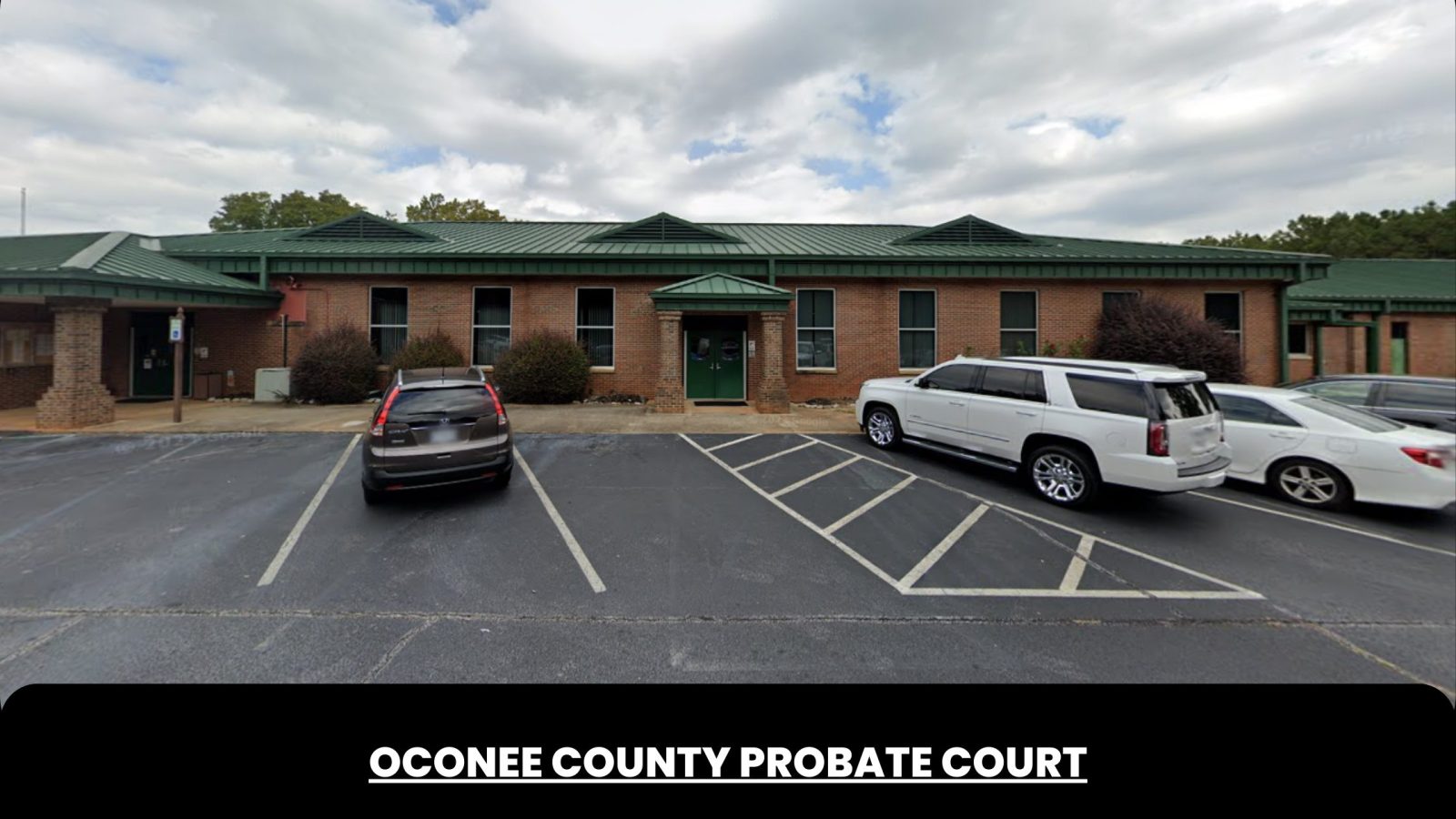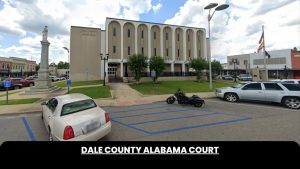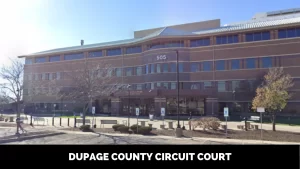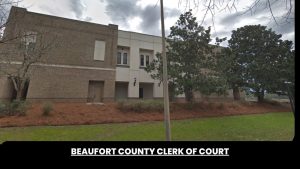Oconee County Probate Court
Introduction
Oconee County Probate Court is a vital judicial body responsible for overseeing various legal matters related to wills, estates, guardianships, and marriage licenses in Oconee County. This court plays a crucial role in ensuring the fair distribution of assets, protecting the interests of minors and incapacitated individuals, and providing legal support to families during challenging times.
Functions and Responsibilities of Oconee County Probate Court
The Oconee County Probate Court handles a range of important matters that require judicial intervention and oversight. Some of its primary functions include:
Handling of Probate Matters
One of the key responsibilities of the Oconee County Probate Court is to handle probate cases. When an individual passes away, the court oversees the process of validating the will, appointing an executor or administrator, and ensuring the proper distribution of assets according to the decedent’s wishes.
Estate Administration
The probate court manages the administration of estates in Oconee County. This involves the collection, inventory, and valuation of the decedent’s assets, as well as the payment of debts and taxes. The court ensures that all necessary legal requirements are met during the estate administration process.
Guardianship and Conservatorship Cases
In situations where individuals are unable to make decisions for themselves due to age, incapacity, or disability, the probate court appoints guardians or conservators to act on their behalf. The court oversees these cases, ensuring that the appointed individuals are qualified and acting in the best interests of the wards.
Marriage Licenses
Oconee County Probate Court is responsible for issuing marriage licenses to couples who meet the legal requirements. The court ensures that all necessary documents are provided, conducts background checks, and grants marriage licenses to eligible applicants.
Issuing of Birth and Death Certificates
The probate court also handles the issuance of birth and death certificates in Oconee County. This includes registering births and deaths, maintaining vital records, and providing certified copies of these documents upon request.
The Importance of Oconee County Probate Court
The Oconee County Probate Court plays a crucial role in the local community. Here are some reasons why this court is essential:
Ensuring Fair Distribution of Assets
The probate court ensures that the assets of a deceased individual are distributed according to their wishes as stated in the will. This helps prevent conflicts among family members and provides a legal framework for asset distribution, ensuring fairness and transparency.
Protecting the Interests of Minors and Incapacitated Individuals
When it comes to guardianship and conservatorship cases, the probate court plays a vital role in protecting the interests of minors and incapacitated individuals. By appointing qualified guardians and conservators, the court ensures that vulnerable individuals receive proper care and support.
Providing Legal Support for Families
During the probate process, families often face emotional and legal challenges. The probate court provides a supportive environment where families can seek guidance and resolution for their concerns. The court helps interpret legal documents, resolves disputes, and ensures that the probate process proceeds smoothly.
Probate Process in Oconee County
The probate process in Oconee County involves several essential steps:
Initiating the Probate Process
When a person passes away, the probate process begins by filing a petition with the Oconee County Probate Court. This petition initiates the court’s involvement and outlines the necessary details of the case.
Appointment of an Executor or Administrator
The court appoints an executor or administrator to oversee the probate process. The executor is typically named in the will, while an administrator is appointed if there is no will or designated executor. Their primary role is to manage the estate, handle asset distribution, and ensure the fulfillment of the decedent’s wishes.
Inventory and Valuation of Assets
The appointed executor or administrator conducts an inventory and valuation of the decedent’s assets. This step involves identifying and assessing all assets, including real estate, personal property, investments, and debts owed to the estate.
Payment of Debts and Taxes
Before the assets can be distributed, the estate’s debts and taxes must be paid. The executor or administrator is responsible for identifying and settling these obligations, ensuring that the estate’s financial affairs are in order.
Distribution of Assets
Once all debts and taxes are settled, the executor or administrator distributes the remaining assets to the beneficiaries according to the terms of the will or the laws of intestacy if there is no will. The probate court oversees this process to ensure fairness and compliance with legal requirements.
Requirements for Probate in Oconee County
To initiate the probate process in Oconee County, certain requirements must be met:
Jurisdiction and Residency
The Oconee County Probate Court has jurisdiction over probate matters that pertain to individuals who were residents of Oconee County at the time of their death. It is important to establish the deceased person’s residency in the county to determine the court’s authority in handling the case.
Valid Will
If the decedent left a valid will, the probate court will review and authenticate it. The court ensures that the will meets all legal requirements, including being properly signed and witnessed.
Notifications and Publications
During the probate process, the court requires specific notifications to be made to interested parties, including beneficiaries, heirs, and creditors. Additionally, the court may require public notices to be published in local newspapers to inform potential creditors and interested parties about the probate case.
Probate Fees and Expenses
There are fees associated with filing a probate case in Oconee County Probate Court. These fees cover the court’s administrative costs and may vary depending on the size and complexity of the estate. It’s important to consider these expenses when planning for probate.
Seeking Legal Assistance in Oconee County Probate Matters
Navigating the probate process can be complex, and it is often beneficial to seek legal assistance. Here are some reasons to consider hiring an attorney:
Hiring an Attorney
An experienced probate attorney can provide invaluable guidance throughout the probate process. They have in-depth knowledge of probate laws, understand the court procedures, and can handle complex legal matters on behalf of the executor or administrator.
Understanding Legal Documentation
Probate involves the preparation and submission of various legal documents. An attorney can ensure that all required documents are correctly completed, filed, and presented to the court, minimizing the risk of errors or delays.
Navigating the Probate Process
Probate proceedings can be time-consuming and emotionally challenging. An attorney can guide the executor or administrator through each step, ensuring compliance with legal requirements and helping them make informed decisions.
Common Challenges in Oconee County Probate Cases
Probate cases in Oconee County may encounter certain challenges that require careful consideration and resolution:
Will Contests
In some instances, individuals may contest the validity of a will. This can arise due to concerns about the decedent’s mental capacity, undue influence, or improper execution of the will. The probate court addresses these disputes and determines the validity of the will.
Disputes among Heirs
Family members may have conflicting interests or differing interpretations of the decedent’s wishes. These disputes can lead to conflicts regarding asset distribution. The probate court intervenes to resolve these disagreements and ensure a fair and equitable resolution.
Estate Mismanagement
An executor or administrator may mishandle estate assets, engage in self-dealing, or neglect their fiduciary duties. The probate court has the authority to investigate such instances and take appropriate action to protect the interests of the estate and its beneficiaries.
Oconee County Probate Court Records
Oconee County Probate Court records are essential for individuals involved in probate cases or those interested in researching probate matters. These records document the proceedings, decisions, and legal actions taken by the probate court. To access Oconee County Probate Court records, you can visit the court’s office or explore online resources provided by the court or the county government.
Oconee County Probate Court Docket
The Oconee County Probate Court docket contains information about scheduled court hearings, cases, and their respective dates. If you have a probate case or need to attend a hearing, it is important to review the docket to determine when your case will be heard. The docket can be accessed by visiting the Oconee County Probate Court or by utilizing online resources provided by the court.
Oconee County Probate Court Phone Number
If you need to contact the Oconee County Probate Court for inquiries, assistance, or scheduling matters, you can reach out to them using their dedicated phone number. The phone number allows you to connect with the court directly, enabling you to speak with court staff or obtain relevant information about probate proceedings.
Conclusion
Oconee County Probate Court plays a crucial role in handling probate matters, estate administration, guardianship cases, and marriage licenses. It ensures the fair distribution of assets, protects vulnerable individuals and provides legal support to families. Navigating the probate process can be complex, and seeking legal assistance is recommended to ensure compliance with legal requirements and smooth proceedings.
Frequently Asked Questions
- What is the role of the probate court in Oconee County?
- The probate court in Oconee County oversees matters related to wills, estates, guardianships, conservatorships, marriage licenses, and vital records. It ensures the fair distribution of assets, protects the interests of vulnerable individuals, and provides legal support to families.
- How long does the probate process usually take in Oconee County?
- The duration of the probate process varies depending on the complexity of the case, the size of the estate, and any potential disputes. It can typically take several months to a year or more to complete the probate process.
- Do I need an attorney for probate proceedings in Oconee County?
- While not mandatory, it is highly recommended to seek legal assistance from an attorney familiar with probate laws. An attorney can provide guidance, handle complex legal matters, and ensure compliance with court procedures, minimizing potential errors or delays.
- Can I contest a will in Oconee County Probate Court?
- Yes, you can contest a will in Oconee County Probate Court if you have valid grounds, such as concerns about the decedent’s mental capacity, undue influence, or improper execution of the will. The court will review the evidence and make a determination regarding the will’s validity.
- What happens if someone dies without a will in Oconee County?
- If someone dies without a will in Oconee County, their assets will be distributed according to the laws of intestacy. The probate court will oversee the process and distribute the assets to the decedent’s heirs as defined by state law.





